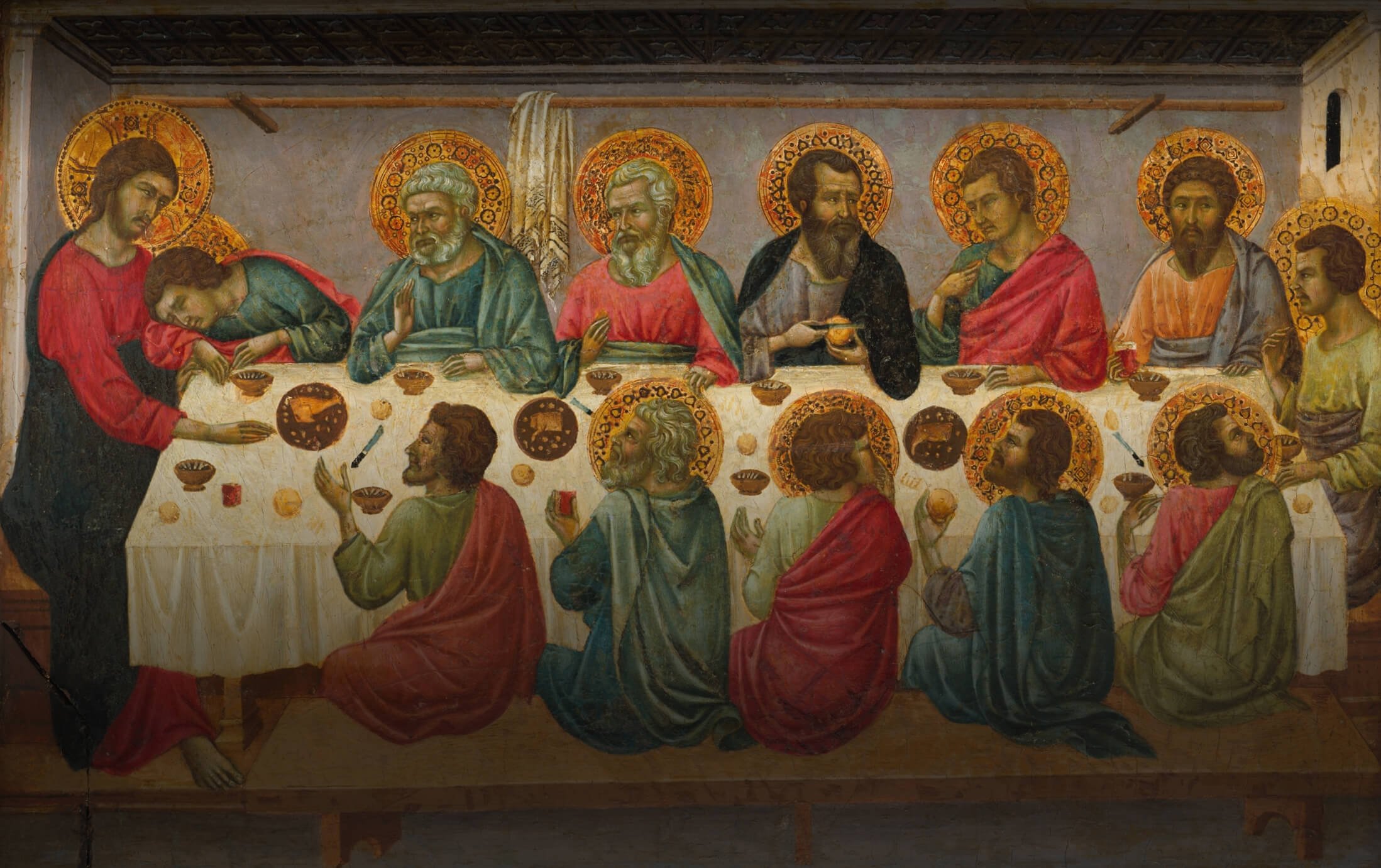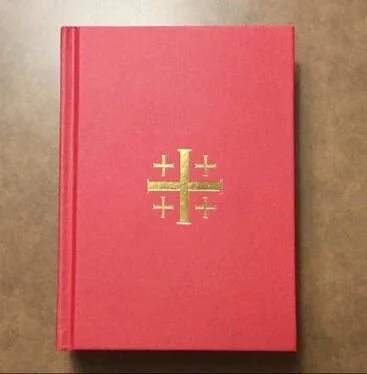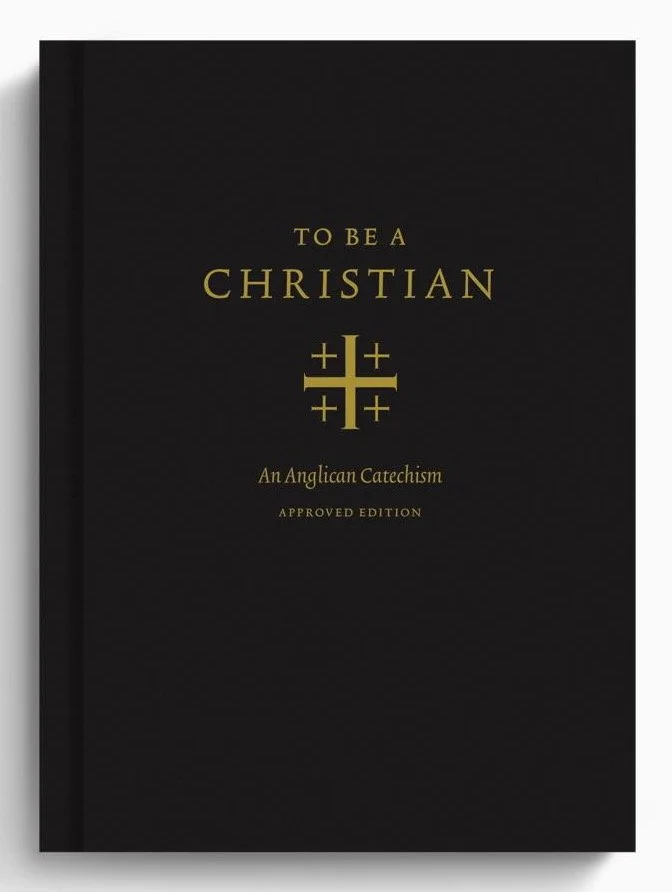
Beliefs
Our doctrines and morals.
On Doctrine
The Bible
Holy Scripture containeth all things necessary to salvation: so that whatsoever is not read therein, nor may be proved thereby, is not to be required of any man, that it should be believed as an article of the Faith, or be thought requisite or necessary to salvation. (Articles of Religion VI)
We confess the canonical books of the Old and New Testaments to be the inspired Word of God, containing all things necessary for salvation, and to be the final authority and unchangeable standard for Christian faith and life. (ACNA Fundamental Declarations of the Province, Article I.1)
The Nicene Creed
We believe in one God,
the Father, the Almighty,
maker of heaven and earth,
of all that is, visible and invisible.
We believe in one Lord, Jesus Christ,
the only-begotten Son of God,
eternally begotten of the Father,
God from God, Light from Light,
true God from true God,
begotten, not made,
of one Being with the Father;
through him all things were made.
For us and for our salvation he came down from heaven,
was incarnate from the Holy Spirit and the Virgin Mary,
and was made man.
For our sake he was crucified under Pontius Pilate;
he suffered death and was buried.
On the third day he rose again in accordance with the Scriptures;
he ascended into heaven
and is seated at the right hand of the Father.
He will come again in glory to judge the living and the dead,
and his kingdom will have no end.
We believe in the Holy Spirit, the Lord, the giver of life,
who proceeds from the Father [and the Son],
who with the Father and the Son is worshiped and glorified,
who has spoken through the prophets.
We believe in one holy catholic and apostolic Church.
We acknowledge one Baptism for the forgiveness of sins.
We look for the resurrection of the dead,
and the life of the world to come. Amen.
Sacraments
The two sacraments ordained by Christ that are “generally necessary to salvation” (1662 Catechism) are Baptism and Holy Communion (also called the Lord’s Supper or the Holy Eucharist). These are sometimes called “sacraments of the Gospel.” (Articles of Religion, 25; see also Matthew 28:19–20; Luke 22:14–20; John 6:52–58; 1 Corinthians 11:23–26; 2 Corinthians 1:21–22) Other rites and institutions commonly called sacraments include confirmation (2 Timothy 1:6–7; Hebrews 6:1–2), ordination (Numbers 8:9–14; 27:18–23; 1 Timothy 4:14), marriage (Genesis 2:18–24; Matthew 19:4–6; John 2:1–11), absolution (John 20:21–23; Acts 2:37–41), and the anointing of the sick (James 5:14). These are sometimes called “sacraments of the Church.” (To Be A Christian: An Anglican Catechism, 123-124)
Fundamental Declarations, ACNA
As the Anglican Church in North America (the Province), being a part of the One, Holy, Catholic, and Apostolic Church of Christ, we believe and confess Jesus Christ to be the Way, the Truth, and the Life: no one comes to the Father but by Him. Therefore, we identify the following seven elements as characteristic of the Anglican Way, and essential for membership:
We confess the canonical books of the Old and New Testaments to be the inspired Word of God, containing all things necessary for salvation, and to be the final authority and unchangeable standard for Christian faith and life.
We confess Baptism and the Supper of the Lord to be Sacraments ordained by Christ Himself in the Gospel, and thus to be ministered with unfailing use of His words of institution and of the elements ordained by Him.
We confess the godly historic Episcopate as an inherent part of the apostolic faith and practice, and therefore as integral to the fullness and unity of the Body of Christ.
We confess as proved by most certain warrants of Holy Scripture the historic faith of the undivided church as declared in the three Catholic Creeds: the Apostles’, the Nicene, and the Athanasian.
Concerning the seven Councils of the undivided Church, we affirm the teaching of the first four Councils and the Christological clarifications of the fifth, sixth and seventh Councils, in so far as they are agreeable to the Holy Scriptures.
We receive The Book of Common Prayer as set forth by the Church of England in 1662, together with the Ordinal attached to the same, as a standard for Anglican doctrine and discipline, and, with the Books which preceded it, as the standard for the Anglican tradition of worship.
We receive the Thirty-Nine Articles of Religion of 1571, taken in their literal and grammatical sense, as expressing the Anglican response to certain doctrinal issues controverted at that time, and as expressing fundamental principles of authentic Anglican belief.
In all these things, the Anglican Church in North America is determined by the help of God to hold and maintain, as the Anglican Way has received them, the doctrine, discipline and worship of Christ and to transmit the same, unimpaired, to our posterity. We seek to be and remain in full communion with all Anglican Churches, Dioceses and Provinces that hold and maintain the Historic Faith, Doctrine, Sacraments and Discipline of the One, Holy, Catholic, and Apostolic Church. (Anglican Church of North America, Fundamental Declarations of the Province)

From all false doctrine, heresy, and schism; from hardness of heart, and contempt of your Word and commandments, Good Lord, deliver us.
— The Great Litany
T H E B O O K O F C O M M O N P R A Y E R
“The Book of Common Prayer (2019) is a form of prayers and praises that is thoroughly Biblical, catholic in the manner of the early centuries, highly participatory in delivery, peculiarly Anglican and English in its roots, culturally adaptive and missional in a most remarkable way, utterly accessible to the people, and whose repetitions are intended to form the faithful catechetically and to give them doxological voice.” –Preface, The Book of Common Prayer 2019
The Prayer Book can be accessed as a PDF or through the App.
AN ANGLICAN CATECHISM
“Why an Anglican catechism? Anglicans are heirs of a rich tradition of Christian faith and life. That tradition stretches from today’s worldwide Anglican Communion of millions of believers on six continents back centuries to laymen like William Wilberforce, who led the abolition of the slave trade in England, to the bishops and martyrs of the English Reformation like Thomas Cranmer, and to missionaries like Augustine of Canterbury and Saint Patrick, who spread the Gospel throughout the British Isles ... In keeping with this rich, diverse, and historic tradition of doctrine and worship, we receive this catechism and commend its use for the building up of the Church today.” –Preface, To Be A Christian: An Anglican Catechism
The Catechism can be accessed as a PDF here.
Topical Concerns
Marriage
Christian marriage, or Holy Matrimony, is a lifelong covenant between one man and one woman, uniting them in self-giving love, joy, and faithfulness. It is ordained by God for the procreation and spiritual nurture of children, the sanctification of husband and wife, the mutual support of their common life, and the flourishing of family, church, and society. (To Be a Christian: An Anglican Catechism, 146)
We acknowledge God’s creation of humankind as male and female and the unchangeable standard of Christian marriage between one man and one woman as the proper place for sexual intimacy and the basis of the family. We repent of our failures to maintain this standard and call for a renewed commitment to lifelong fidelity in marriage and abstinence for those who are not married. (Jerusalem Declaration, VIII)
Sanctity of Life
God, and not man, is the creator of human life. The unjustified taking of life is sinful. Therefore, all members and clergy are called to promote and respect the sanctity of every human life from conception to natural death. (The Canons of the Anglican Church in North America, Title II, Canon 8, Section 3)
Global Anglicanism
GAFCON I: The Jerusalem Statement and Declaration, Jerusalem, Feast of St Peter and St Paul, 29 June 2008. Full text available here.
GAFCON IV: The Kigali Commitment, Kigali, Rwanda, 21 April 2023. Full text available here.


